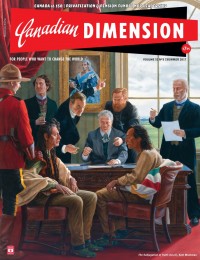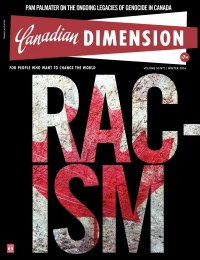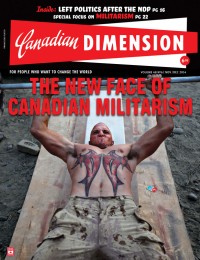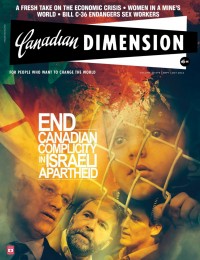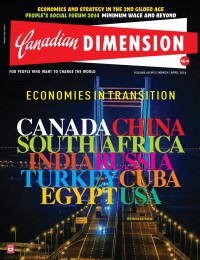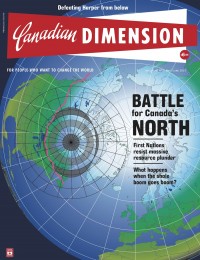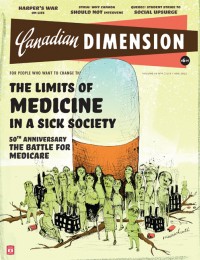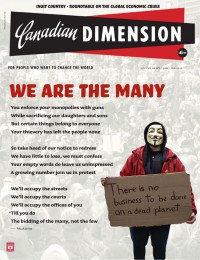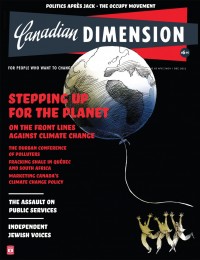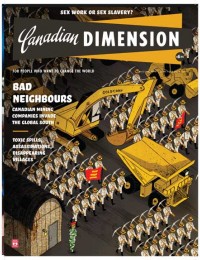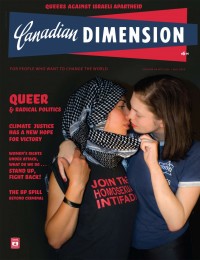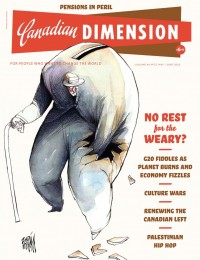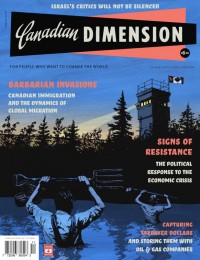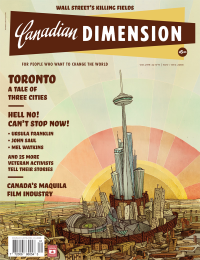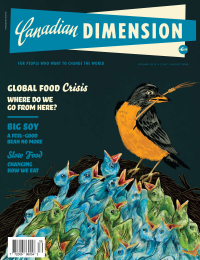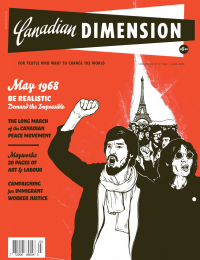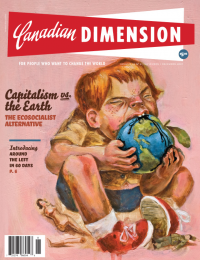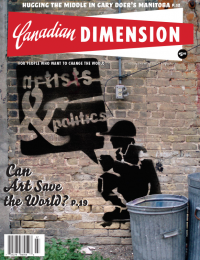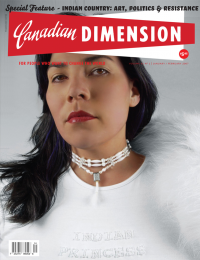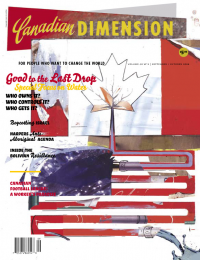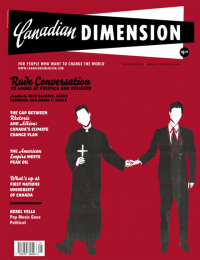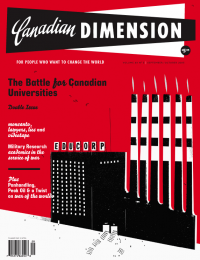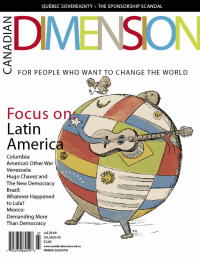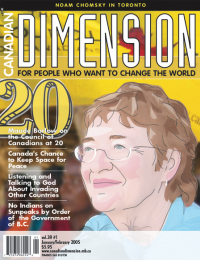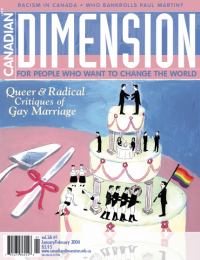The Human Rights Council, Palestine and Canada
(Mar 28. By Arnold August) On March 26, 2009, the UN Human Rights Council (HRC) adopted several resolutions on the Israeli/Palestinian question. According to a UN Office at Geneva (UNOG) News Release dated that same day, one of these resolutions opposed, amongst other problems, the Israeli human rights violation of Syrian citizens in the occupied territories. The HRC demanded that Israel desist from these actions. Thirty-three countries voted in favour of the resolution and thirteen abstained. Only one voted against: Canada.
Of the thirty-three countries voting in favour, all are from the Third World (the only exception being Russia which is neither European nor Third World, but rather Eurasian). Of the thirteen abstentions, all of the five remaining G-7 countries (France, Germany, Italy, Japan and the United Kingdom) refrained from voting. (To complete the count of the G-7, Canada voted against, while the US is voluntarily not a member of this body.)
If the US was a member of the HRC, it would have voted against. Is Canada playing a role on behalf of the US in the HRC? There is a serious concern amongst Canadians regarding the role of Canada as being far too closely linked to the US.
This doubt is further raised as a result of another resolution adopted in the HRC. On March 26, this resolution among other points “…strongly condemns the Israeli military attacks and operations in the Occupied Palestinian Territory, particularly the recent ones in the occupied Gaza Strip, which have resulted in the killing and injury of thousands of Palestinian civilians, including a large number of women and children, and also condemns the firing of crude rockets on Israeli civilians…” Voting in favour of this resolution were thirty-five countries. Of these, once again all of the countries are Third World states; this time the only exception was Switzerland. In addition to the eight abstentions, four countries voted against this resolution: Canada, Germany, Italy and Netherlands. Not only are all of these four nations First World countries, but three of the above four carrying with them the burden of Second World War fascism and/or colonialism (Netherlands).
Canada declared, according to the UN Office at Geneva (UNOG) News Release cited above, that it had decided to vote against the resolution “as it was not balanced…” This position was expressed despite the fact, as can be noted above, the resolution “…also condemns the firing of crude rockets on Israeli civilians…” This (“balanced resolution”) was the same reason offered by Canada for having voted against the first resolution on the situation of the occupied territories and Syrian citizens. It can be deduced from this that “balanced reports” are only a pretext for not taking a just position which would coincide with the feelings of a large number of Canadians.
One other point seems to emerge. On the one hand those states taking stands against such resolutions constitute First World countries while on the other hand those voting in favour are geographically located in areas known as the Third World. However, take into account the momentous progressive changes taking places in areas such as Latin America and the Caribbean: many of these countries have given birth to new constitutions, political processes, socio/economic/environmental practices as well as principles of sovereignty, national self-determination and mutual respect amongst countries (Cuba since 1959). These accomplishments are superior in many respects to what has been happening in the last fifty years in the First World, exacerbated by the most recent events such as the US-led wars of aggression in Iraq and Afghanistan, actions through Israel against the Palestinian people in Gaza, and the current economic/financial and environmental crises affecting the entire planet. Taking all these developments into account, the real “first world” seems to be the “third world”, and the real “first world” is something else. While refraining from a controversy on terminology, the least that can be said is that the First World is certainly not a model of civilization for the rest of the planet.
Where is Canada to place itself in this evolving world?










